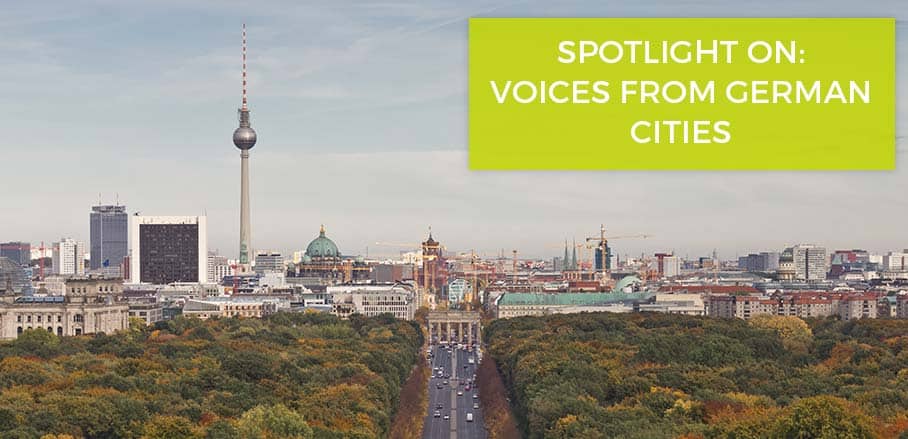Mayor of Berlin highlights role of cities in sustainable development
By Michael Müller, Governing Mayor of Berlin, Germany
In his contribution to URBANET, Berlin’s governing mayor Michael Müller outlines his expectations and hopes for the implementation of the New Urban Agenda.
With the New Urban Agenda, the international community has reached a milestone. Prior to the Habitat III conference in Quito, many cities from around the world, as well as network organisations like Metropolis, had pressed for a voice in the debate on the future of the cities. Since Quito, that is no longer necessary. The New Urban Agenda strengthens the role of the cities as significant global stakeholders; it views them as key to dealing with the enormous challenges facing humanity in the 21st century.
What is at stake are livable cities, affordable housing, the integration of migrants, clean energy, climate-friendly mobility, education, and health care for all. However, we won’t be able to achieve all of these goals with a New Urban Agenda alone. It needs to be given life and substance if the cities are to fulfill their promise as places of hope and upward mobility.
We cities should work together to bring the Agenda to life, since each of the individual cities can draw on great knowledge and expertise of its own. Sharing this knowledge and expertise with each other, learning from each other in an exchange, and helping each other with the process of coming up with urban policy solutions – that is where city network organisations can realize their full potential. One example is the Policy Transfer Platform, which we developed together in the Metropolis context. Participants use it to discuss examples of good practice and advise each other on what works and what doesn’t.
The Youth Advisory Board of the Habitat III conference visited me in Berlin recently. We agreed that the Quito summit, where we met for the first time, had been a historic moment for us all and one that we will long remember. Above all, however, as “Habitat III alumni,” we feel a shared obligation. We want to push those in charge to make the Quito vision a reality, thereby helping to sustainably improve the lives of the people in the world’s metropolitan areas.
We as cities need to get involved, as do the national governments. But young people from many different countries can also contribute something vital – namely, the recognition that working together across borders and cultures is worthwhile, especially in times like these, when antidemocratic, authoritarian, and nationalist forces are on the upswing. Together we can achieve so much more.
You can find more information about Berlin’s involvement in the Habitat III process here.
